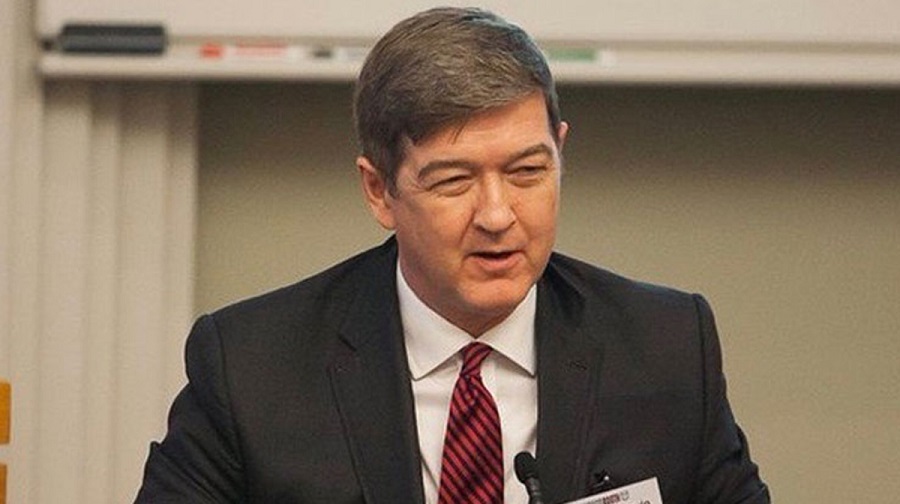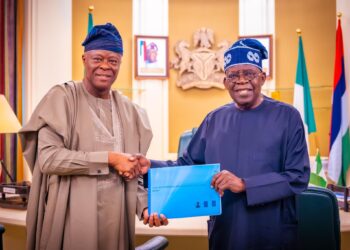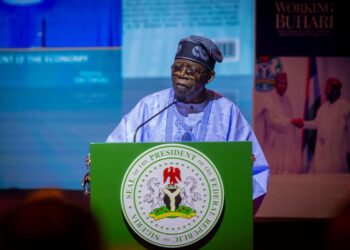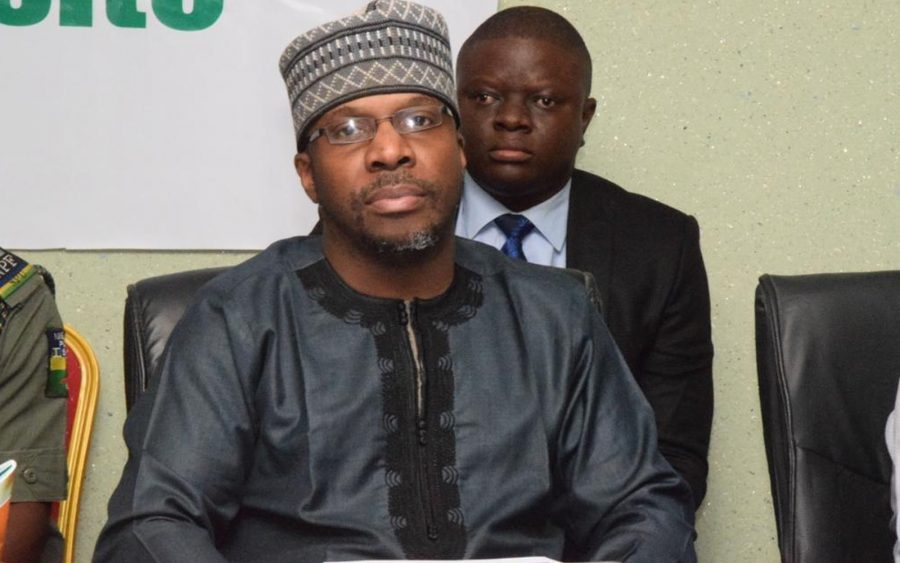Nigeria needs to unlock dead assets that are not producing returns, and also focus on service export growth, these are some of the themes that will shape Nigeria’s economy.
This was disclosed by Andrew Nevin, Financial Services Leader and Chief economist at PWC Nigeria at the Nairametrics Economic Outlook webinar, themed, “Your Money, The Economy and Government Policies.”
He added that the government should also seek to move more sectors from informal to formal, and also improve invest ratio by GDP
What he said:
He stated that what PWC Nigeria thinks is important for Nigeria’s economy is unlocking the value of dead assets.
“Nigeria is a very wealthy country, with enormous amounts of assets that are not producing returns,” he said.
He added that many of those assets are in real estate, which could be beneficial for the government also. For example, Kaduna state is implementing property tax, that will enable the state to solve its IGR problem. Assets like the national theatre and the 3 refineries that are not only dead but producing zero returns.
Another theme he added is the power of the diaspora, revealing that by 2019 they were sending $25 billion to Nigeria and supporting millions, citing Edo state where 10% of families benefit from diaspora remittances.
“[As] shown in India, over the decades having a strong diaspora is important for the economy,” he noted.
“I believe the remittances are going up, just people using more informal systems to send money,” he said.
Another factor he opined that can shape the economy is driving export growth through services, people joining global value chains, outsourcing, and it’s happening at every level in Nigeria from banking to outsourcing, fintech, and also the cultural industry, including afrobeat.
He added that stakeholders and foreign investors would like to see Nigeria focus on export services, partly because the industry is not very good.
He added that despite some positive news, Nigeria is still not getting enough investments and needs investments of about 27-19% of Nigeria GDP annually, to get to 6-8% of growth, as Nigeria is only investing 18-19% of GDP,
“Nigeria needs to get movement from the informal to the formal sector, lots of pockets of economic activity not covered by statistics, the problem with the informal sector is that productivity is low because by definition it’s hard to invest a significant amount of money into it.
“So the [issue] is how [to] entice people to move, from the informal to formal,” he said.
In case you missed it
Recall Nairametrics earlier reported that The increased taxes imposed by the Federal Government through the Finance Act will increase the effective rate of tax on corporate profits by 0.6%, disclosed by Olufemi Babem, an Associate Director in the Tax, Regulatory and People Services Division of KPMG Nigeria, at the Nairametrics Economic Outlook.
He said key considerations to look out for include preparation for increased tax authority action, urging a review of business and operating structure to optimize tax positions. He added that companies need to “ensure proactive compliance is taken seriously.”

















